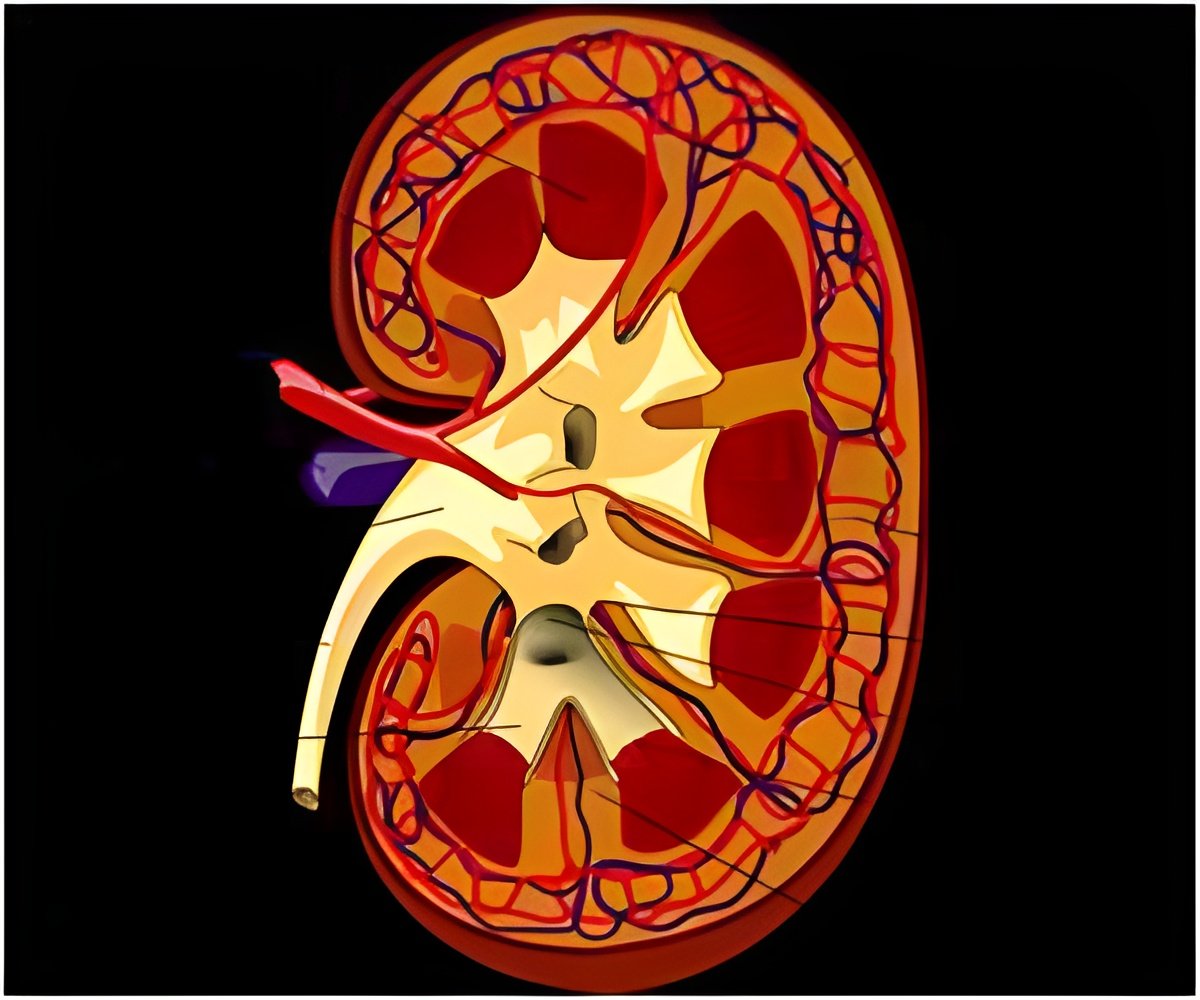Patients with a specific kidney immune disorder felt remission when consuming the immune drug rituximab, even when standard therapies were unsuccessful.

A drug commonly used to treat immune disorders such as lymphoma and arthritis also benefits patients with an immune disorder of the kidneys that can lead to kidney failure, according to a study appearing in an upcoming issue of new study in the Journal of the American Society of Nephrology (JASN). The findings could help people who are living with the condition, called idiopathic membranous nephropathy (IMN), avoid taking the potentially toxic medications that are currently prescribed to treat it.
Standard therapy for IMN includes nonspecific immunosuppression with steroids and other agents that do not work in all patients and can cause serious complications. Because the drug rituximab specifically targets immune cells involved in the development and progression of IMN, Piero Ruggenenti, MD, Giuseppe Remuzzi, MD, FRCP (Mario Negri Institute for Pharmacological Research and Ospedali Riuniti, in Bergamo, Italy) and their colleagues tested its safety and effectiveness in 100 patients with IMN. The looked to see how many patients experienced complete or partial remission, based on the amount of protein excreted in the urine.
Among the major findings:
- Over an average of 29 months, 65 out of the 100 patients taking rituximab treatment experienced remission of their disease. Twenty-seven of these patients achieved complete remission.
- All patients with at least four years of follow-up achieved complete or partial remission, and their kidney function improved over time.
- Rituximab was effective even when previous treatments with steroids and other immunosuppressive drugs had failed.
- Patients tolerated rituximab well and experienced no treatment-related serious side effects throughout the entire study.
"Rituximab may lead to major progress in the treatment of patients with idiopathic membranous nephropathy, and in consideration of its excellent safety profile, it might replace other toxic regimens as first line treatment of this disease," said Dr. Remuzzi.
An added benefit of rituximab is that it can be administered in one single intravenous infusion on an outpatient basis, while courses of steroids and other drugs for IMN require at least six months of continued treatment and often cause patients to become hospitalized due to complications.
Advertisement















